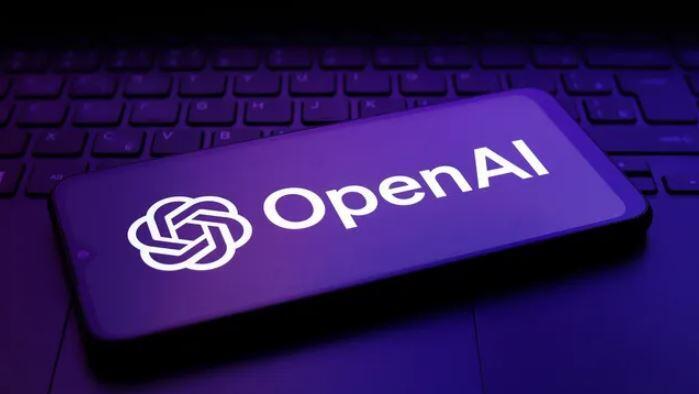“OpenAI is trying to create an experience that will be more autonomous, allowing users to complete tasks without detailing every step,” he told Ynet in an interview. A key development in this direction is OpenAI’s new operator, an automated system capable of controlling web browsers.
Beyond ChatGPT
(Video: Yaron Brener)
“If you want to book a table at a restaurant, instead of specifying the website and the exact steps, you can simply say, ‘I’m looking for a restaurant in Tel Aviv for Thursday at 8 p.m.,’ and the AI will handle the process itself,” Haslavsky says.
AI agents represent the evolution of automation, allowing users to delegate digital tasks more efficiently. “It can book a table, create social media content, manage calendars or research topics online — anything that would typically require significant time,” he says. “Instead of figuring out how to do something manually, users can simply state their goal and the AI will determine how to achieve it.”
The technology behind AI agents relies on artificial intelligence systems that analyze and respond to digital environments. “For instance, if an AI agent is booking a flight, it will analyze flight prices, available airlines and other variables automatically using OpenAI’s large language models,” Haslavsky explains. “It’s essentially an evolution of automation that integrates AI technology to complete tasks efficiently.”
Haslavsky believes that the future of digital work will be increasingly automated. “Everything digital will be automated — from video editing to image creation. We’re already seeing viral AI-driven trends like the Ghibli effect and that’s just the beginning,” he says.
“AI will revolutionize marketing, content creation and administrative tasks. It won’t replace humans but it will give them superpowers, making them a thousand times more productive.”
“AI is best seen as a productivity tool, not a replacement. You can’t just tell an AI to ‘grow my business’ or ‘walk my dog’ — at least not yet.”
Haslavsky points to personal experiences to illustrate AI’s role in enhancing efficiency rather than replacing human decision-making. “We recently planned a bachelor party and the AI helped find hotels and activities. But ultimately, we made the final decisions. It saved us a lot of administrative time.”
The potential for AI agents extends beyond logistics and personal tasks. Automated systems are already conducting job interviews and Haslavsky predicts that AI-driven journalism could follow. “At some point, we may even be able to create virtual clones for interviews,” he speculates.
While AI agents are reshaping industries, Haslavsky maintains a lighthearted perspective on their impact. “Maybe I’m talking to an AI agent right now,” he jokes. “We don’t know.”










